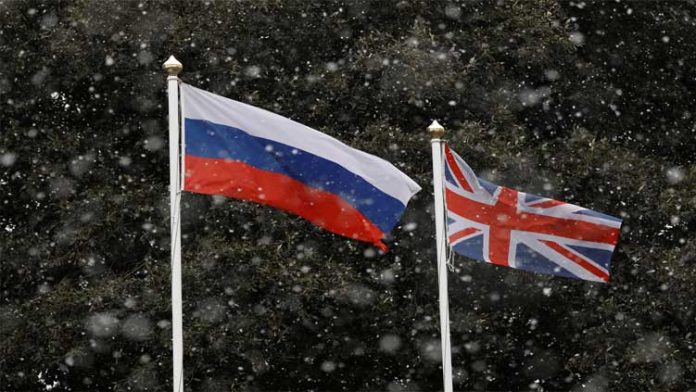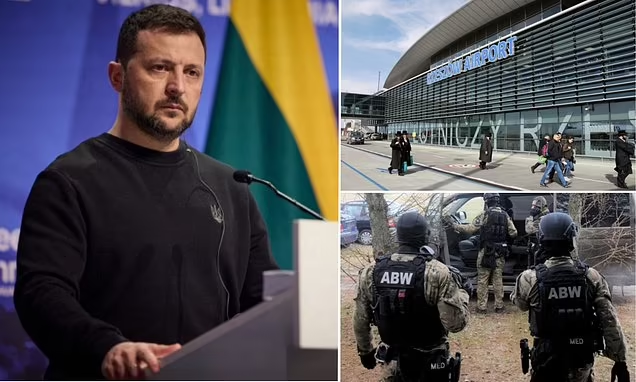According to a statement from Moscow, British diplomats stationed in Russia must inform authorities of their travel plans in advance.
According to a statement issued by Russia’s Foreign Ministry on Thursday, the actions were taken in retaliation for London’s “hostile actions” and British actions that “hinder the normal operation of Russian foreign mission in the UK.” London is a crucial ally of Ukraine.”
According to the ministry, diplomats must notify authorities at least five working days in advance of any travel outside of the “120-kilometer (75-mile) free movement zone).”
This should contain “details regarding the timing, purpose, type, and nature of the trip, planned business contacts, accompanying individuals, mode of transportation, destinations, and accommodations, as well as the route of the trip.”
The procedure will be necessary for “accredited personnel” of the British embassies in Moscow and Yekaterinburg, in the Urals.
The British ambassador and a few other top diplomats will be exempt.
Additionally, the ministry called British charge d’affaires Tom Dodd to inform him of a “notification procedure for the movement of employees of British diplomatic missions on our territory.”
Russia portrays the United States and Britain as treacherous nations that are aiding Ukraine in an effort to split Russia apart and take its abundant natural resources.
Additionally, Moscow has claimed that the United States and the United Kingdom were complicit in the Monday night drone attack that claimed the lives of two people on the Crimean Bridge. The Kerch port on the peninsula is linked by the bridge to the Krasnodar region in southern Russia.
Furthermore, Moscow has asserted that both nations might have assisted in the detonation of the Nord Stream gas pipelines, which connect Germany and Russia.
Since Moscow began the military operation in February 2022, Western nations have expelled hundreds of Russians.
As a result of Kyiv’s failure to adhere to the terms of the Minsk agreements and Moscow’s recognition of the Donetsk and Luhansk breakaway regions, Russia began a military operation in Ukraine in late February of last year.
At the time, Ukrainian “de-Nazification” was one of the objectives of what Russian President Vladimir Putin referred to as a “special military operation.”
Additional economic sanctions against Moscow have been levied by Western nations. The sanctions and the Western military support, according to the Kremlin, will only make the war last longer.













